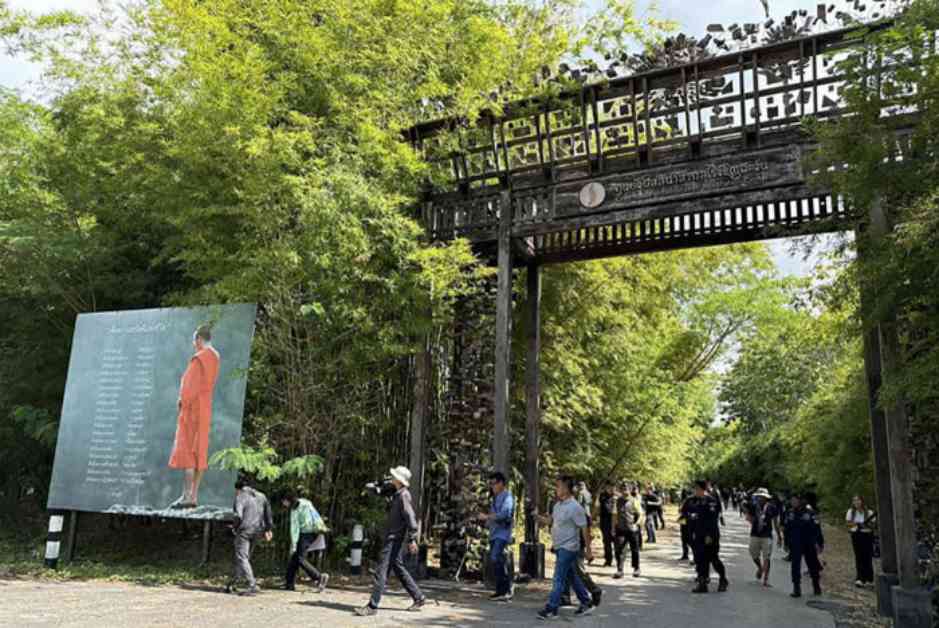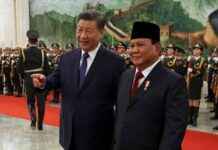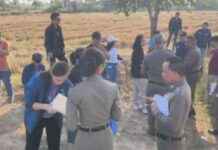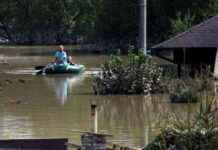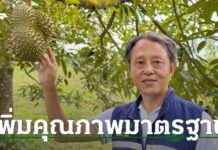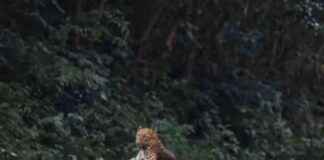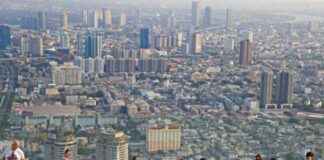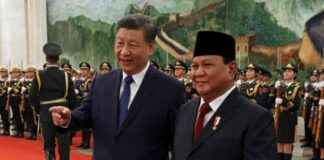Police and forestry officials in Chiang Rai have started investigating the Cherntawan International Meditation Centre in Muang district due to concerns about possible encroachment on protected land. The centre, led by Phra Maha Vudhijaya Vajiramedhi, also known as V Vajiramedhi, is under scrutiny following reports in the media.
The inspection of the meditation centre was conducted by Pol Lt Gen Yodsawat Aekkul from the Central Investigation Bureau’s Natural Resources and Environmental Crime Division, along with Prasit Thachang, the director of Forest Resource Management Office 2 of Chiang Rai. The officials visited the centre located in tambon Huai Sak, but Phra Maha Vudhijaya Vajiramedhi was not present during the inspection as he was reportedly in Japan for a meditation trip.
The centre was granted permission by forestry authorities to use 113 rai of land in the Doi Pui National Forest Reserve, with later approval for an expansion to 143 rai. However, there are suspicions that the centre may have expanded further to cover 190 rai, encroaching on an additional 47 rai of land in a national forest reserve.
The investigation is expected to last 3-4 days, with daily updates provided to the public on the progress. Natural Resources and Environment Minister Chalermchai Sri-on has given a deadline of seven days for completing the fact-finding probe. If the allegations of encroachment are found to be true, the meditation centre could face charges under the National Forest Reserve Act, leading to the suspension of land use and demolition of any unauthorized buildings.
Phra Maha Vudhijaya Vajiramedhi has faced criticism in the past for his teachings and involvement with individuals linked to fraudulent activities, such as The iCon Group scam. His actions have been questioned for not aligning with typical clergy behavior, particularly regarding his messages on wealth accumulation.
The outcome of the investigation will determine the future of the Cherntawan International Meditation Centre and its land ownership status. The case highlights the importance of adhering to regulations concerning protected forest areas and the consequences of unauthorized land use. It also raises questions about the responsibilities of religious leaders in promoting ethical conduct and environmental conservation.
